
Visiting Assistant Professor of History at Bard. Author of "The Menace of Prosperity: NYC and the Struggle for Economic Development, 1865-1981" https://t.co/kPrq1m7JPQ
How to get URL link on X (Twitter) App

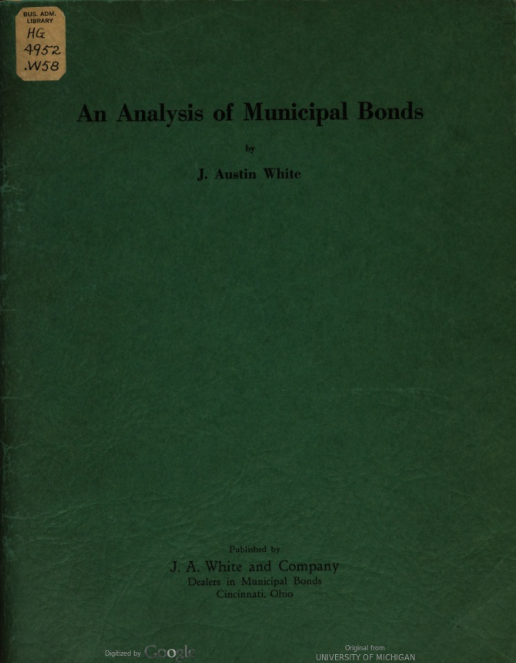
 The document starts off by saying that “it is necessary, in order properly to appraise the credit of a city, to subject it to the same tests which one would subject the individual citizens should they be asking to borrow money”
The document starts off by saying that “it is necessary, in order properly to appraise the credit of a city, to subject it to the same tests which one would subject the individual citizens should they be asking to borrow money” 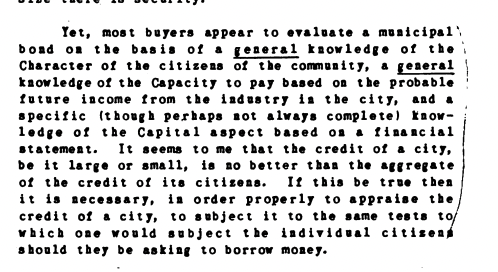

 Galbraith, Mumford, Glazer, and Jacobs
Galbraith, Mumford, Glazer, and Jacobs 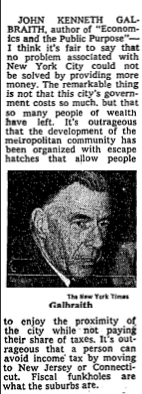

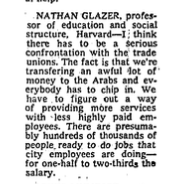
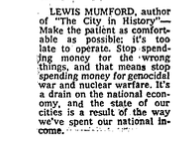
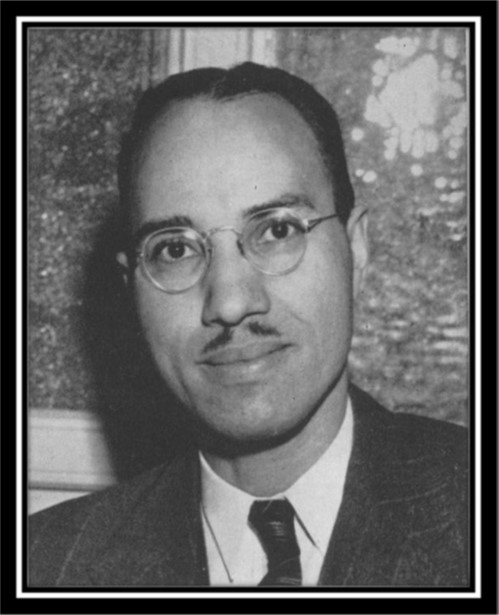
 William H. Dean Jr. was born in Virginia in 1910, son of a prominent minister. He graduated Bowdoin College and later attended Harvard as a Rosenwald Fellow. He was awarded his Ph.D in economics from Harvard in 1938 on a relatively new subject: economic geography.
William H. Dean Jr. was born in Virginia in 1910, son of a prominent minister. He graduated Bowdoin College and later attended Harvard as a Rosenwald Fellow. He was awarded his Ph.D in economics from Harvard in 1938 on a relatively new subject: economic geography.